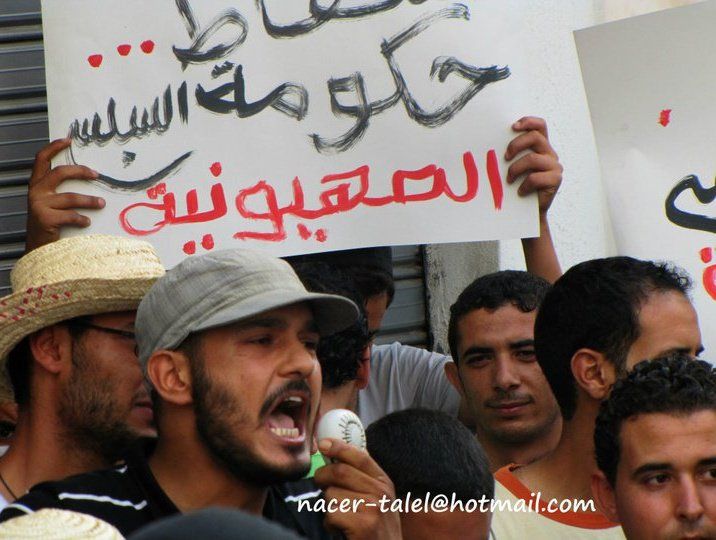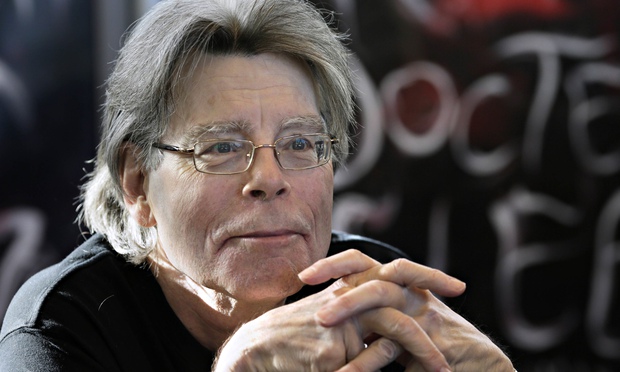Copy: The National, December 2012
>> When English PEN – the worldwide literary network with a mission to “defend and promote free expression, and to remove barriers to literature” – announced their 2013 awards for writing in translation last month, it did feel like a little bit of a misnomer: of the two books translated from Arabic, one will see the light of day in January and the other not until May.
But the point of the award isn’t just to recognise good writing, it’s to help the publishing companies promote, market and champion the books. The initiative must be working, because Iraqi writer Hassan Blasim won earlier in 2012 and, after going on a UK-wide tour to promote The Iraqi Christ, his book is published by Comma in February. It’s fantastic and I’ve spoken to him about it, so watch out for an interview soon.
The Iraqi Christ is a brilliant expose of real life in Iraq, which, transposed to the wider region, is also the idea behind Writing Revolution: The Voices from Tunis to Damascus. I’ve read three of the excerpts, and they are among the most moving, inspiring and revealing pieces of non-fiction writing I’ve come across in some time. Safa Al Ahmed talks of the experience of being Shi’a in Saudi; Mohamed Mesrati details life under Gaddafi in Libya; and Khawla Dunia’s “diary of an unfinished revolution” in Syria is heartbreaking. What makes their achievements all the more staggering is that there’s only one previously published author among them. These are personal reflections – and all the better for it.
Editor Layla Al Zubaidi told me she hoped the book could “underline the fact that the struggle for freedom and dignity is not an overnight thing – it is been going on for a decade or more”, which is point emphasised by the other Arabic book to win a 2013 English PEN Award. Nihad Sirees’ The Silence and the Roar might on first glance seem another timely novel, a Syrian author writing about a man who dares to defy a tyrannical ruler’s regime. But it was first published in Arabic in 2004.
Sirees left for the US earlier this year when the pressure of constant government surveillance got too much. I spoke to Nihad at length about the situation – and sadly there wasn’t room in the piece to talk about it all. However, I’m hoping it may be of interest to another publication… if not, I’ll put the full transcription here.
Click here for the full piece on English PEN’s Writing in Translation Awards in The National


